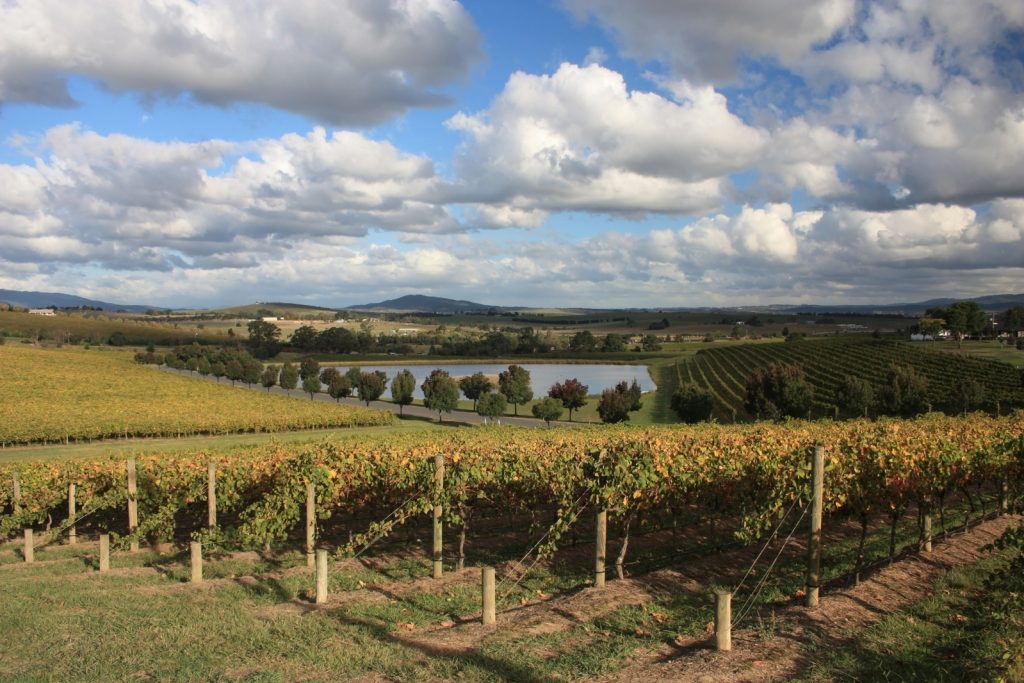How Much Is The Air You Breathe
Many people have regretted the fact that among a lot of fundamental requirements, water, has been privatised or packaged into fancy bottles and sold back to us at hugely up-marked price that only goes to big corporations that are business leaders in the beverage industry.
We have all rolled our eyes at the outrageous marketing claims produced by some brands of ‘mineral’ water. Believe it or not, there is one US brand out there that is promoted as gluten-free and devoid of GMOs, with no carbohydrates, no sugar and no calories, and its only listed component is cleansed water.
Do not stress, though, bottled water that does not explicitly state that it doesn’t contain these suspect substances is completely safe. If you wish to feel hydrated, you are able to simply drink plain old water like we normally to do. But marketing of water could fade into the background with the emerging marketing chances for the basic human requirement for air.
The idea of business privatising the air supply is still science-fiction, but air quality is ending up being a huge problem worldwide. Internationally it is estimated that 5.5 million individuals die each year due to polluted air. China’s emerging middle class is becoming more worried about the nation’s poor air quality, and they are right to be worried about exactly what they breathe.
Air quality changes significantly from day to day. Daily weather forecasts cover contamination levels, just as ours forecast temperature and rain. Air pollution is measured in terms of PM2.5, or particle matter 2.5 micrometers in diameter, which are absorbed by the lungs and can, trigger heart and lung disease.
The World Health Organisation corporate speakers recommend an everyday PM2.5 level of 20, and say that levels greater than 300 are major health hazards. Beijing’s air quality frequently rises past a level of 500, and a number of years ago skyrocketed to 755, the highest in memory.
Research has discovered that China’s bad air contributes to the deaths of more than 1.6 million individuals there each year– that’s more than the population of Adelaide. Inner-city pollution is so bad that Beijing traffic police officers are lucky to make the age of 43, because of consistent direct exposure to automobile exhaust and unclean air.
Air contamination in parts of India is more extreme than in China. India is home to 13 of the world’s 20 most contaminated cities. These increased levels of air pollution are giving rise to a new industry called air farming, where bottled fresh air is sold to consumers at a premium.
It might seem like the next huge gimmick, but the concept of purchasing crisp, country air in a container has proven popular in greatly contaminated cities.
Marketing research reveals China’s pressing cravings for all things Australian has actually gone sky-high, and now they could be getting a taste for Australian air from places like the Yarra Valley.
There are companies exporting tins of fresh air to China, while individual buyers for wealthy Chinese individuals are also shipping Australian air overseas. This is despite the fact that there is no clinical evidence that breathing percentages of clean air has any health advantages.
One company offers bottled air from the Blue Mountains, Bondi Beach, regional Victorian areas such as the Yarra Valley, New Zealand and Tasmania, and it is seeking to gather the climatic blend from additional places around the nation.
Their site states: “The air collected is different from each location, with lab tests showing the Blue Mountains blend contains traces of eucalyptus, while Bondi Beach provides that salty seaside tang.”
Each tin of air consists of the equivalent of 130 deep breaths, with the cap functioning as a mouthpiece. Thinking about the typical person, we take about 23,000 breaths every day, with tins of air selling for more than $A25, it is not actually possible for somebody in China to import a lifetime supply yet.
Tinned air is simply one example of the growing market in China for products that deal with air contamination. Others are far more grounded. Individual air contamination devices that keep track of indoor and outside air quality are becoming common in more wealthy homes.
Clean air represents an enormous industrial space, specifically in rapidly developing areas. However should clean air be a fundamental human right, instead of an industrial product for those willing or able to pay?
So head down to the Yarra Valley and take in that sweet, sweet Yarra Valley winery air while it lasts.
